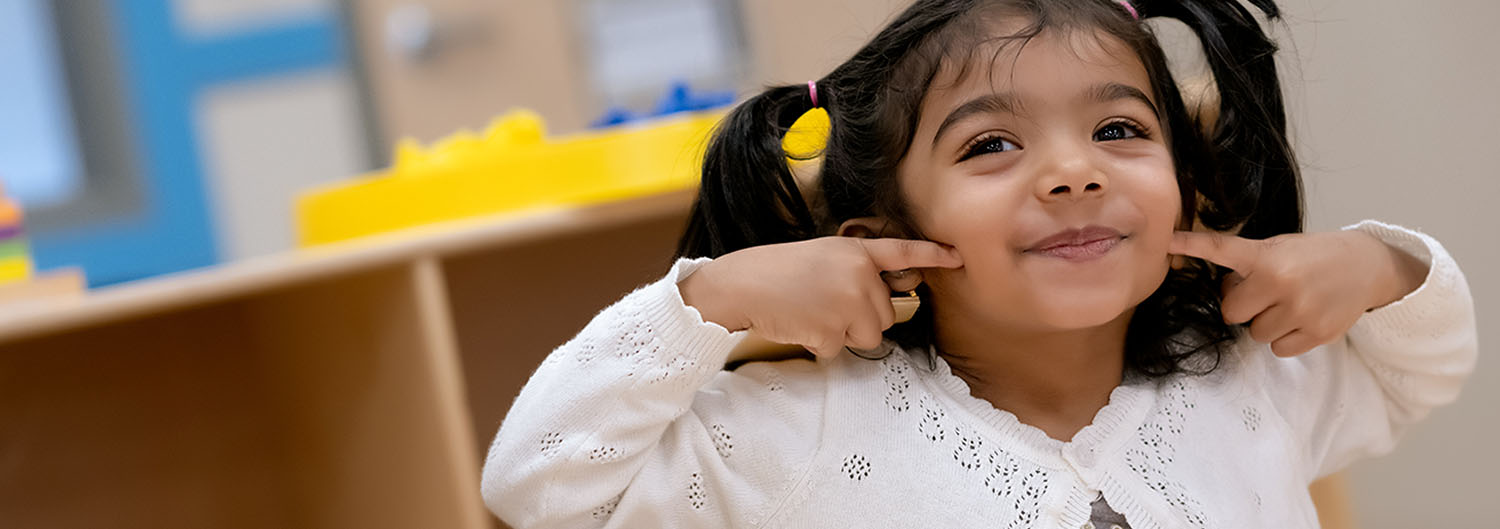- View All
- Topics
- Search
Topics
Blog Archive
-
2025 (6)
- March (3)
- February (1)
- January (2)
-
2024 (22)
- December (2)
- November (3)
- October (2)
- September (3)
- August (3)
- July (2)
- June (2)
- May (1)
- April (1)
- March (1)
- February (1)
- January (1)
-
2023 (12)
- December (1)
- November (1)
- October (1)
- September (1)
- August (1)
- July (1)
- June (1)
- May (1)
- April (1)
- March (1)
- February (1)
- January (1)
-
2022 (13)
- December (1)
- November (1)
- October (1)
- September (1)
- August (2)
- July (1)
- June (1)
- May (1)
- April (1)
- March (1)
- February (1)
- January (1)
-
2021 (12)
- December (1)
- November (1)
- October (1)
- September (2)
- August (1)
- July (1)
- June (1)
- May (1)
- April (1)
- March (2)
-
2017 (1)
- November (1)





Helping Your Preschooler Navigate Disappointments
Acknowledge Their Feelings
Start by validating and helping your child understand their emotions. Let them know you see that they are sad, angry, or frustrated. You can say something like, “I know you’re disappointed that we can’t go to the zoo today. It’s okay to cry when you’re sad.”
Offer Comfort and Reassurance
Provide comfort with a hug or words of empathy. Remind your child that it is normal to feel upset and that you are there to support them. Your presence alone can be calming.
Teach Problem-Solving Skills
When your child is disappointed, ask them to think of an activity they might like to do that would make them happy. Equip them with positive self-talk like, “It’s okay to feel sad, but I can find something else to do!” If they are disappointed in themselves, help them use positive affirmations such as “I can try again.”
Model Resilience
There is no better teacher than you! When you face disappointment in your own life, model how you recover from it. For example, “I’m disappointed that my friend had to cancel our dinner tonight, but now that means I have time to tackle that project I’ve been meaning to get to!” Teach your child to look on the bright side.
Reinforce Positive Behavior
Praise your child when they handle disappointment well. Positive reinforcement encourages them to keep trying and builds confidence in managing their emotions.
When you support your child through their disappointments with empathy and practical strategies, you help them develop the emotional tools they need to face challenges with resilience and grace. To learn more about how we can help your child develop positive social-emotional skills, contact us today!